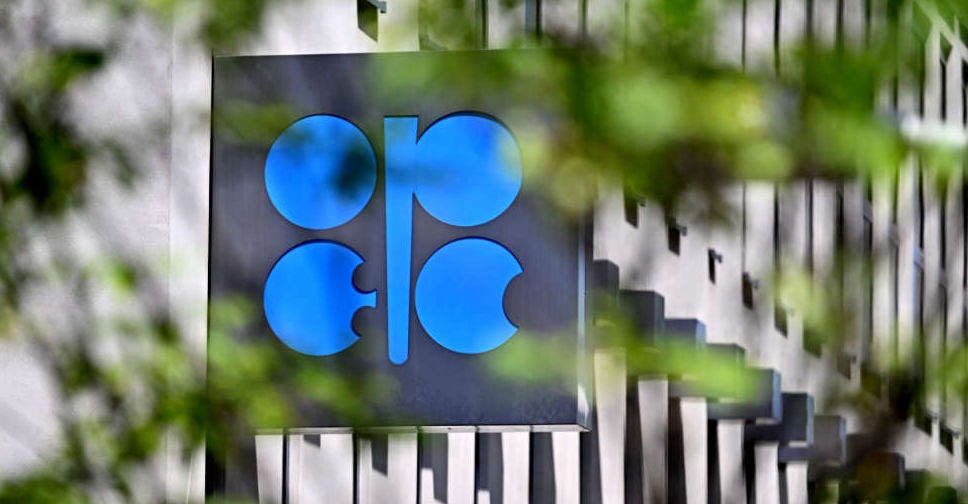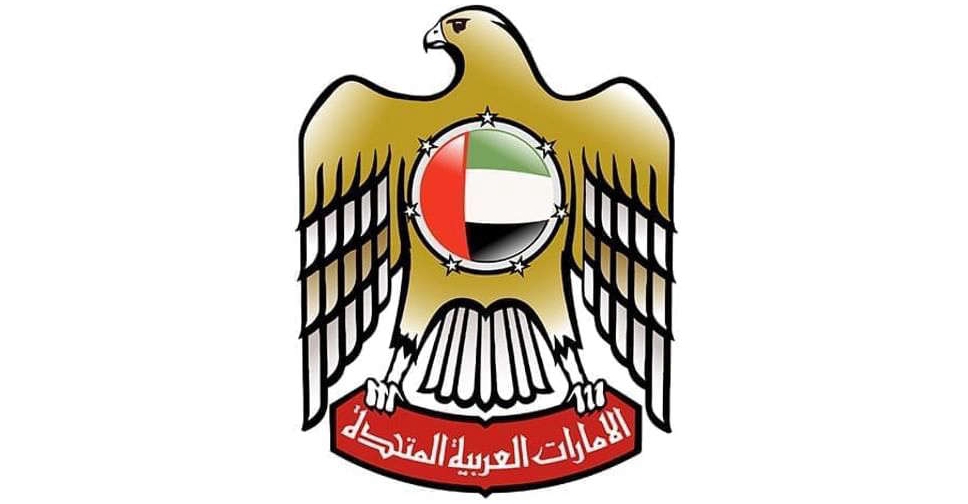
Chinese online marketplace Temu and fast-fashion retailer Shein will raise prices on their products next week as US President Donald Trump's crackdown on low-value imports and sweeping tariffs increase expenses for the companies known for their low-priced offerings.
In letters to customers this week that mirror each other, both firms said they will be increasing prices starting April 25, and encouraged shoppers to purchase "now at today’s rates".
"Due to recent changes in global trade rules and tariffs, our operating expenses have gone up. To keep offering the products you love without compromising on quality, we will be making price adjustments starting April 25, 2025," their statements read.
Shein and Temu, both of which sell products ranging from toys to smartphones, have grown rapidly in the US thanks in part to the "de minimis" exemption enabling them to keep prices low.
However, their business model has come under pressure from a recent executive order signed by Trump that closes the trade loophole which allowed packages worth less than $800 from China and Hong Kong to enter the United States free of duties. The order goes into effect on May 2.
Temu and Shein did not immediately reply to requests for additional comments.




 OPEC+ keeps oil output steady following steep price drop in 2025
OPEC+ keeps oil output steady following steep price drop in 2025
 Tesla loses EV crown to China's BYD
Tesla loses EV crown to China's BYD
 Dubai Duty Free celebrates record-breaking 2025
Dubai Duty Free celebrates record-breaking 2025
 UAE updates capital market laws to strengthen financial oversight
UAE updates capital market laws to strengthen financial oversight


